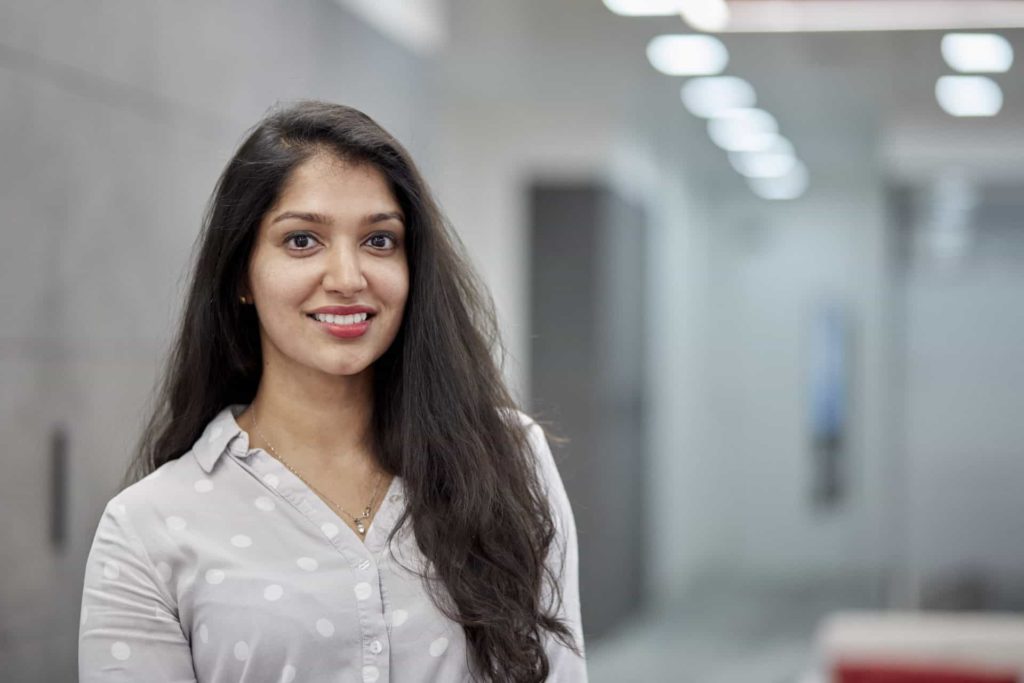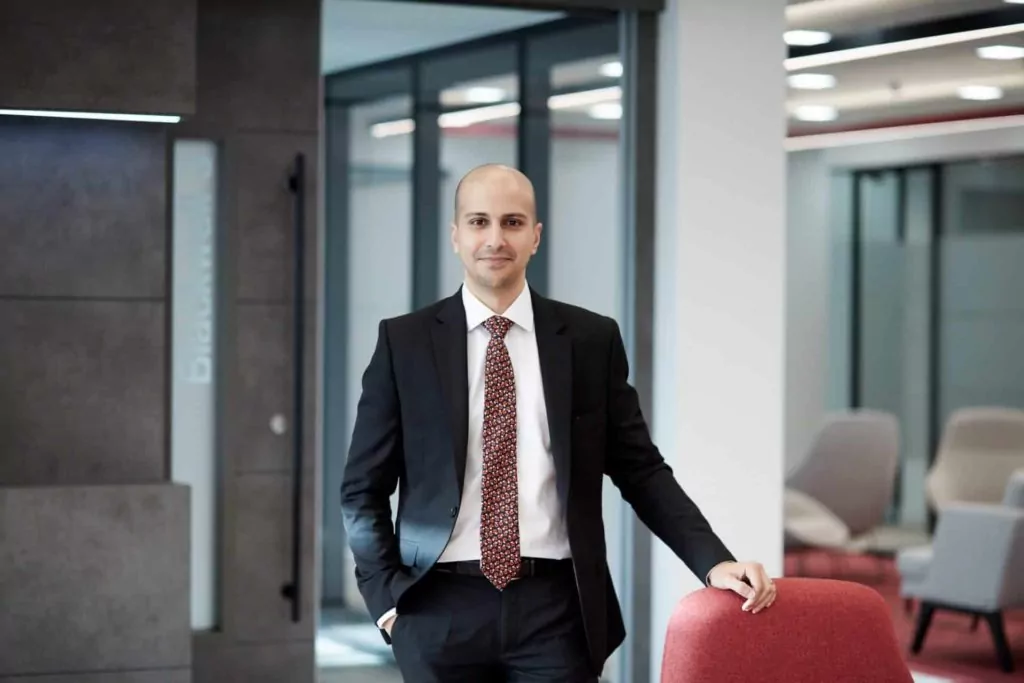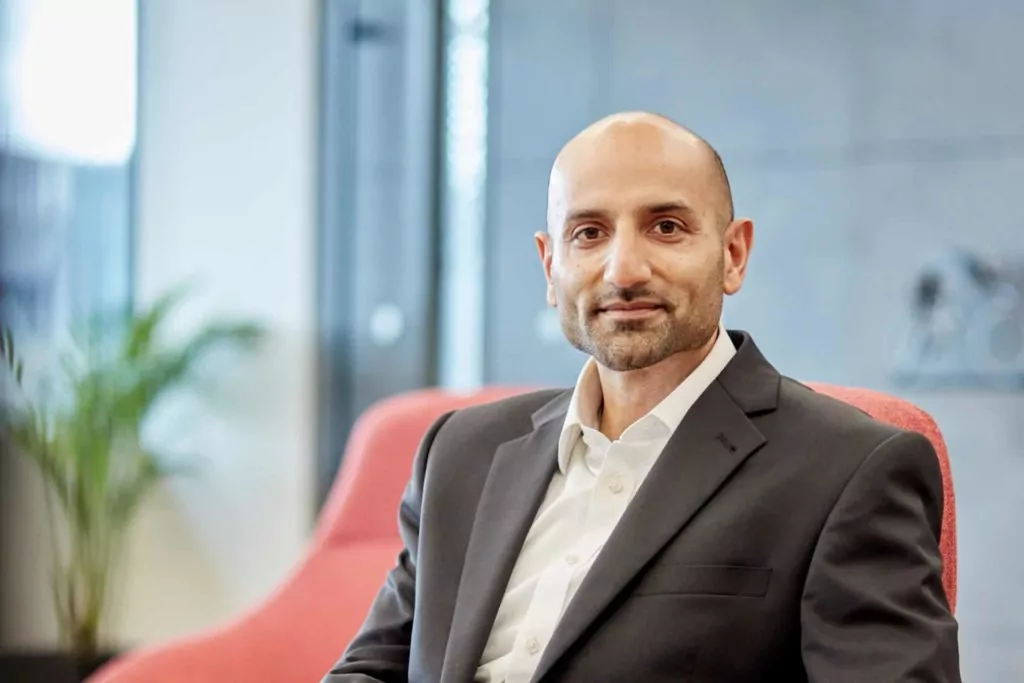
Exploring Islamic finance’s synergy with ESG/SDG and the role of Islamic fintech

By Leena Payyappilly, Zahir Nayani
4 Apr 2022 | 6 minute read
Event Report from Foot Anstey's third Islamic Fintech Roundtable
Islamic finance by its nature is complementary to ESG/SDG principles. So, it's no wonder that a Global Islamic finance SDG Taskforce was established to explore the role the Islamic finance industry can play in addressing the funding gap and to better understand the commercial opportunities that SDGs present for the sector. The latest taskforce meeting was held in November 2021 to coincide with the COP26 climate summit in Glasgow.
Foot Anstey’s second virtual roundtable held in May last year focused on the Kalifa Review and the investment opportunities and challenges faced by stakeholders within the Islamic fintech space. For the third roundtable, we turned our focus on the essence of Islamic finance, its foundational principles of ethics and sustainability and how the new wave of Islamic fintech institutions are helping to further embody this. The engaging discussion, chaired by Zahir Nayani, partner at Foot Anstey, welcomed various views from the participants and this report highlights some of the key points discussed.
What can we do to develop more sustainable behaviours and practices in the Islamic finance market?
Nyra Mahmood, managing director at Simply Sharia Human Capital, emphasized how critical human capital is to the success of ESG and the importance of nurturing, cultivating and listening to the younger generation who are increasingly interested in working for organizations that have a footprint in environmental sustainability. She believes that those who have a genuine interest in Islamic finance feel that there isn't a significant drive towards sustainability within the sector.
Nyra further pointed out the lack of requisite higher-level courses or university degrees focusing on Islamic finance which are needed to foster practical skills within the sector. Zahir Nayani, while accepting that there are few graduate schemes aligned to the sector, believes certain organizations including the Islamic Finance Guru have taken significant strides in educating the public and spreading grassroots awareness. Imam Qazi, head of Islamic finance at Foot Anstey, further pointed out that we, as members of the sector, can do a lot to create opportunities in order to develop awareness and human capital within the sector.
How does fintech help to foster innovation and promote ESG/SDG?
Touching on the suggestion that there is perhaps a generational disconnect when it comes to Islamic finance, the question arose as to whether this is due to a lack of innovation within the sector. Are fintech institutions turning this lack of innovation on its head by making Islamic finance more accessible to the general public and increasing financial inclusion?
Youness Abidou, CEO of Nester, believes that the problems historically faced by Islamic finance institutions still remain, which are rooted in the lack of dissemination of knowledge in addition to product innovation. He believes that we're restricted in the UK as to what we can actually do. Being a fintech is difficult as the current banking laws do not really benefit anyone outside the banking space. Although we may try to innovate and introduce new products, getting it to the hands of the retail customers is very difficult.
That being said, Youness has seen a much larger increase in the interest of the younger demographic who wants to learn and seek out new opportunities. He commented on how Nester's platform facilitates financial inclusion for SMEs which are heavily underserved and also allows opportunities for the average retail investor to participate in the economy.
Lawrence Oliver, director and deputy CEO at DDCAP Limited, argued against the suggestion that there is perhaps a lack of innovation within the sector and highlighted how innovation and technology has enormously reduced the processing times of transactions. He commented on how technology plays an integral part in DDCAP's business model and mentioned 'ETHOS' (a 24/7 web-based platform that supports the transactional needs of DDCAP's clients) which embodies a series of ESG-related screening technology focusing on sustainable finance.
Shahid Amin, CEO of Rizq, echoed similar points and further emphasised how Fintech has evolved significantly in the last few years. He pointed out that Fintech businesses of today have much better technology underpinning them and an enhanced understanding of consumer needs alluding to a new cohort of customers who have an active interest in what Fintech businesses do as an institution.
Shahid pinpointed the Carbon Calculator facility Rizq is implementing with Mastercard on their app which was a result of discussions with customers who wanted to know their impact on the environment. He strongly believes that Fintech institutions need to offer impact information in a way that is easily digestible to customers.
On the topic of understandability, Scot Levy, CEO of Bedford Row Capital, commented on how we should focus on SDG as it provides more impactful and measurable targets and demonstratable figures which the public can better relate to and understand.
Islamic finance and ethical finance – one and the same?
As we all know, Islamic finance is governed by universal principles covering values such as fairness, equality and morality. Unsurprisingly, the participants unanimously agreed that there is no logic in placing Islamic finance and ethical finance (where there is a core focus on ESG/SDG) in separate categories. They are one and the same.
Scott Levy believes that there is a sizable opportunity for the industry if we re-think how certain products or services are labelled. Yes, we can say that certain structures are Shariah-compliant, but he believes we should focus on the ethical nature of what we are doing in order to attract the widest possible cohort of investors.
Faizal Karbani, CEO of Simply Ethical, echoed identical views and how value-based investment language is very important as it opens the whole market, capturing the attention of the remaining population who may not follow Islamic principles. He has seen a growing number of joint initiatives between Islamic finance and ESG in the last few years.
Sharjil Ahmed, CEO of Cykube, agrees that to attract the wider audience one may need to categorise the structure/investment as 'ethical', but from his personal experience, he believes that the more we talk about Islamic finance to investors and properly explain this to them, they will naturally become your key customers. He doesn’t believe that there is any real need to change the name 'Islamic' to 'ethical' and that this is a completely secondary discussion. First, we all need to know and understand Islamic finance which is inherently all about impact investment. He questioned whether the traditional Islamic finance sector has created any significant impact at all on the ESG/SDG front.
The values and ethics embedded in Islamic businesses constitute its social and moral capital. The Islamic financial system is, in itself, or should be, an ethical system but it appears that this inherent correlation has not transpired to the wider world. This is where Islamic fintech is driving the way forward, helping to enhance financial inclusion for the underserved sectors, easing charitable contributions, improving the processing times of transactions through blockchain and providing easily digestible impact assessments for the end user.
As Zahir Nayani concluded, for fintech entities venturing into uncharted territories untouched by traditional Islamic institutions, the world is their oyster. They have the privilege to shape this nascent industry which, as the participants all agreed, clearly needs a bit of shaping.












